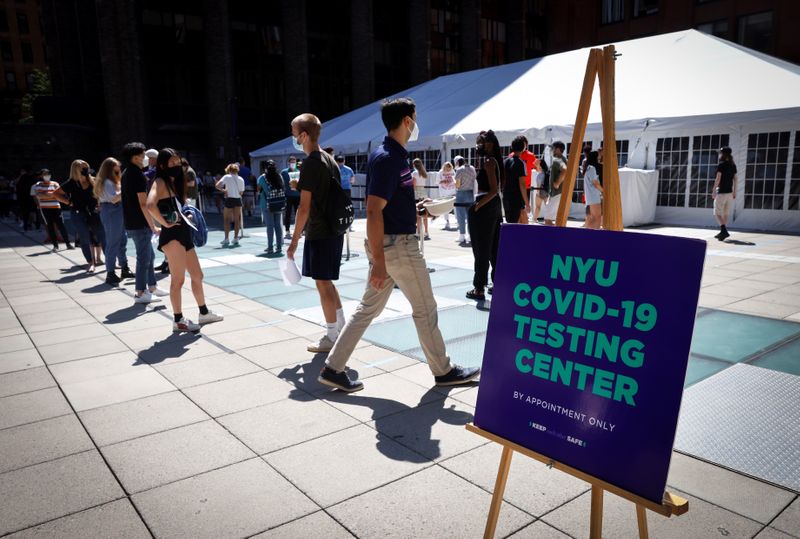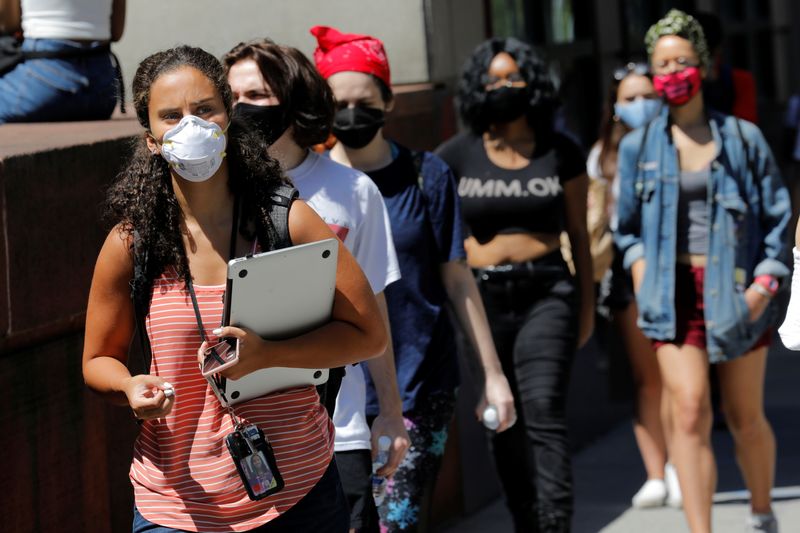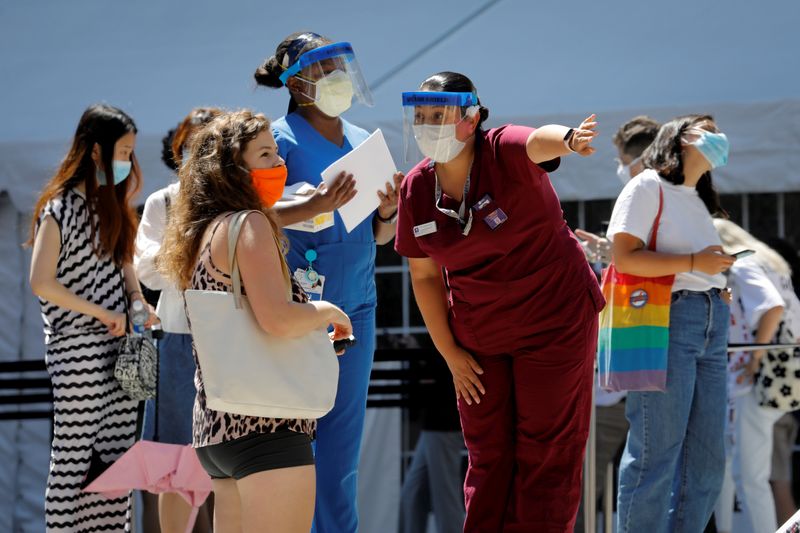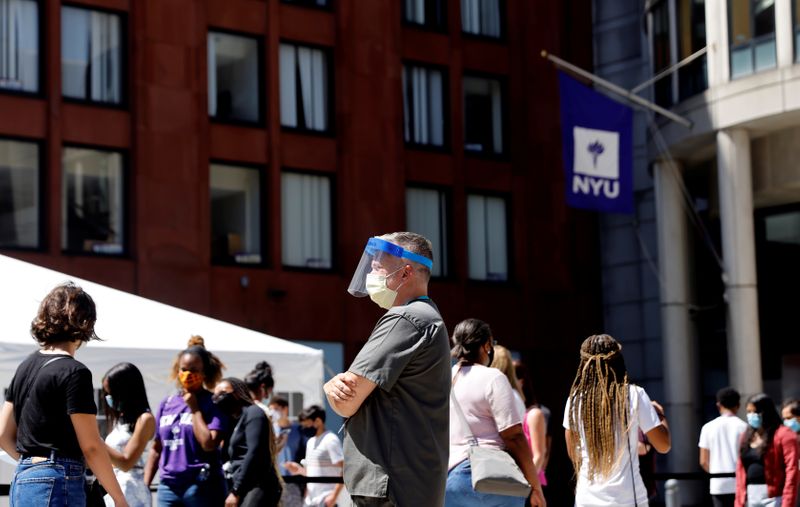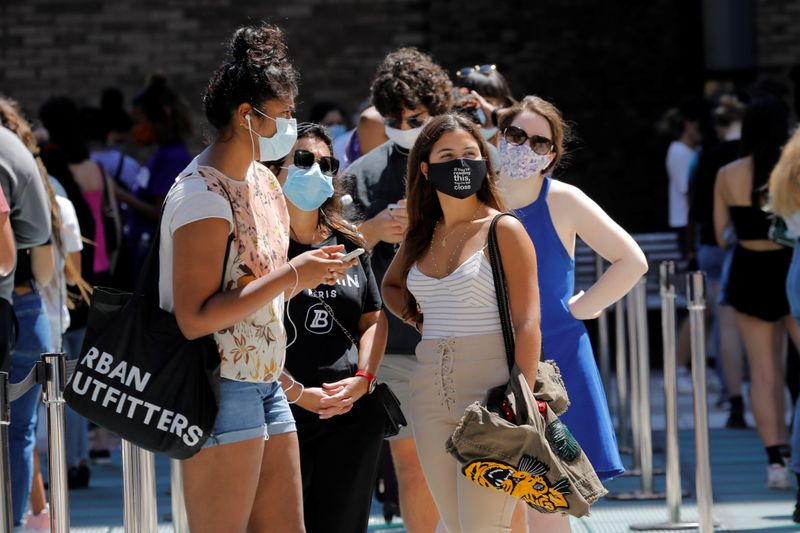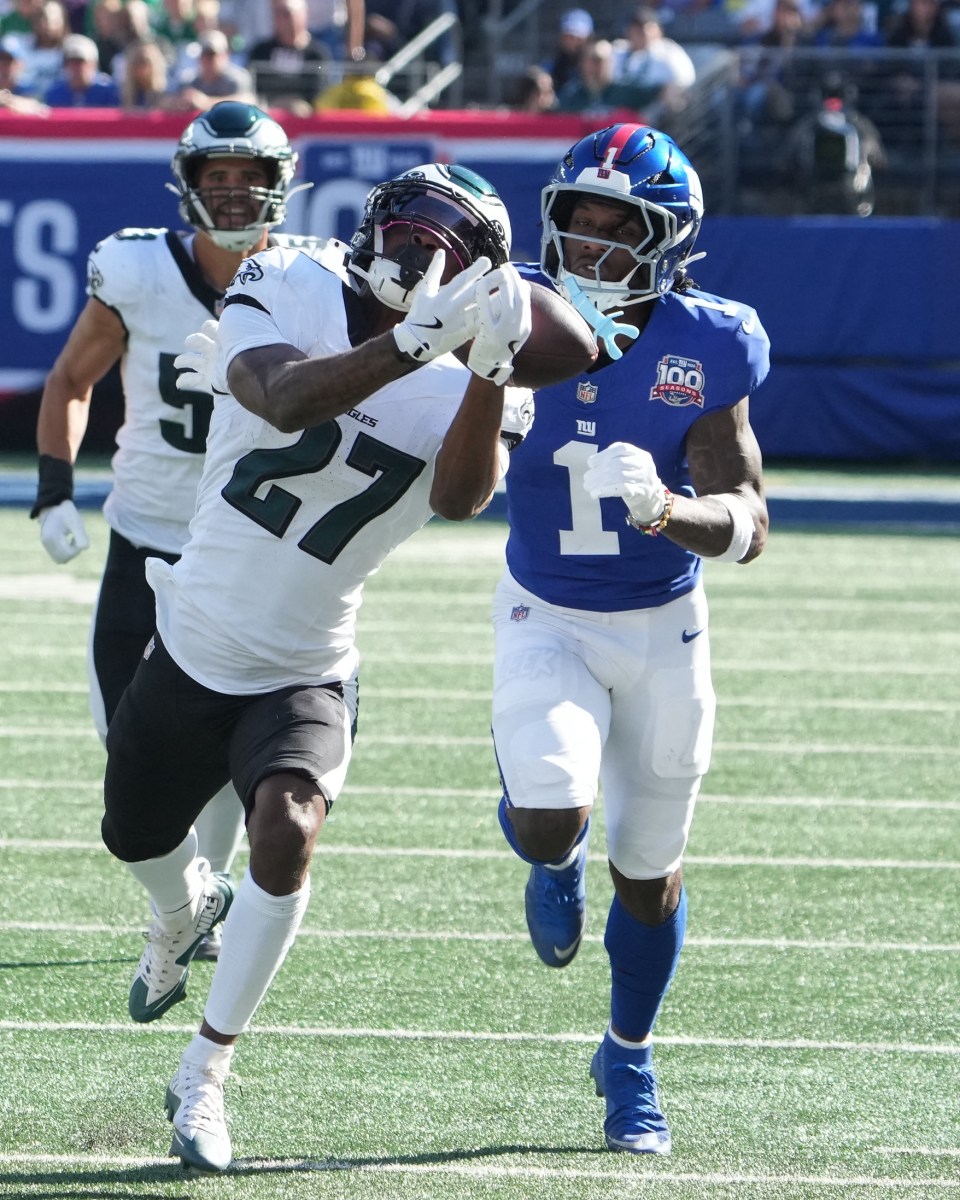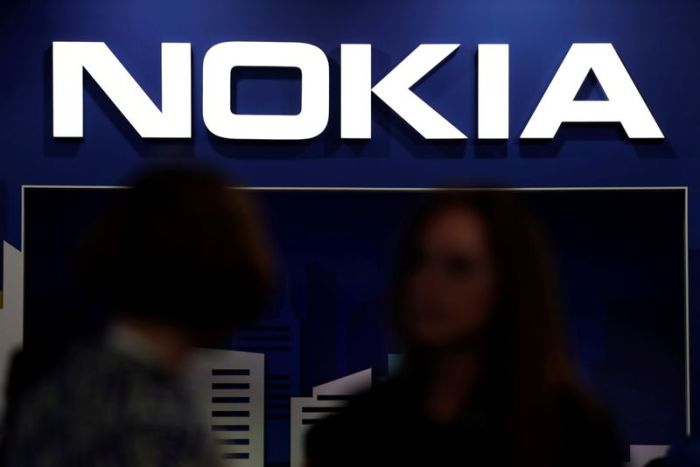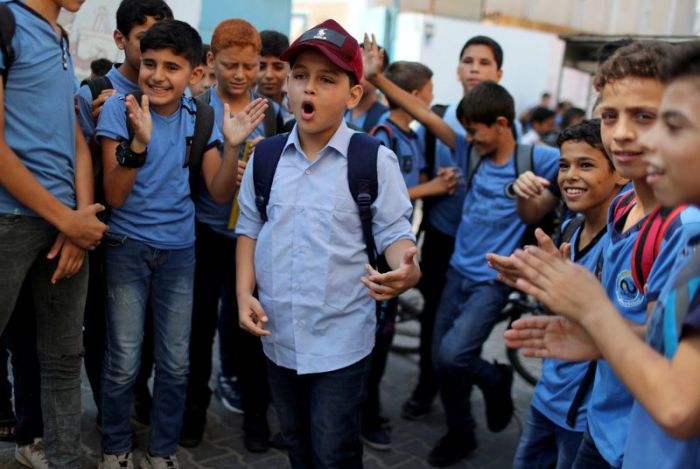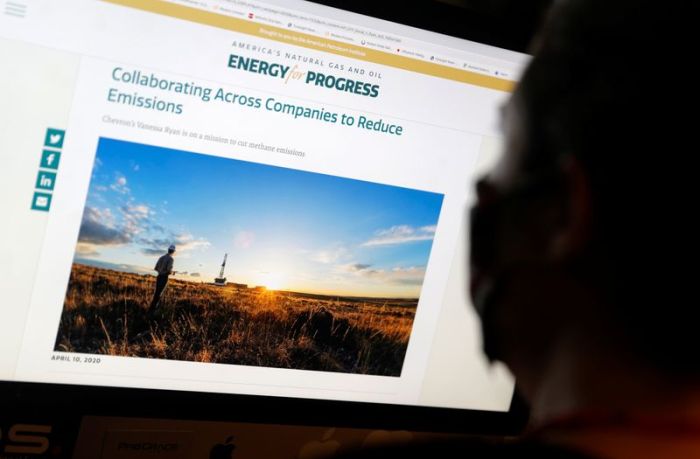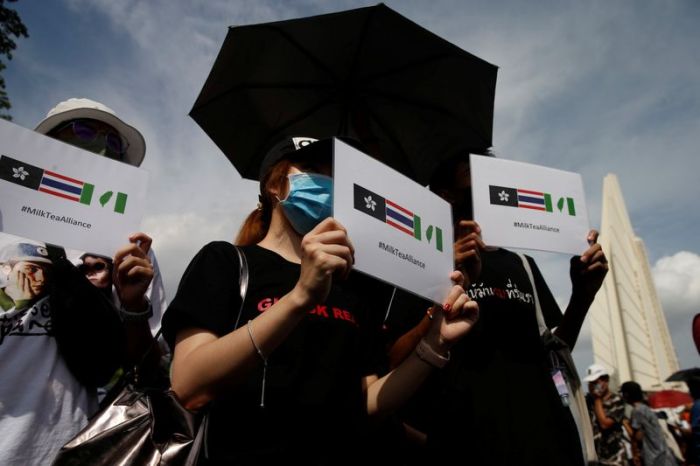NEW YORK (Reuters) – The University of Notre Dame on Tuesday suspended in-person classes and moved them online for at least two weeks after seeing a surge in coronavirus cases, the latest university to roll back campus reopenings.
Notre Dame University President John Jenkins announced the decision after the prestigious Catholic university near South Bend, Indiana, reported a spike of 80 positive test results on Monday, taking the total number of confirmed cases to 147 since Aug. 3, according to the university’s website.
The results from 418 tests represented a positivity rate of 19 percent at the school with overall positivity at around 16 percent since Aug. 3.
Notre Dame will close all public spaces on campus, restrict residence halls to residents only and limit gatherings to ten people always wearing masks, Jenkins said in an online video presentation.
“If these steps are not successful we will have to send students home as we did last spring,” Jenkins said, adding the university’s contact tracing analysis indicated most infections were from off-campus gatherings.
Before returning to campus all students were tested – only 33 of nearly 12,000 were positive, a rate of only 0.28 percent. The university did not immediately respond to a request for further comment on the rise in cases.
The university, with about 8,600 undergraduates, had most students and faculty on campus by Aug. 10 with restrictions on travel, events and visitors.
LINING UP FOR TESTING
The University of North Carolina at Chapel Hill said Monday it was suspending in-person instruction for undergraduates in a just a week after classes began. That school also has been struggling with coronavirus clusters.
Schools and colleges across the United States have been grappling with how and when to reopen in the middle of a pandemic.
In New York City, once the center of the U.S. pandemic, hundreds of New York University students and staff waited in line outside a white tent on Tuesday for coronavirus testing ahead of some classes resuming in early September.
NYU is testing students who have chosen in-person learning, with classes for undergraduates beginning on Sept. 2. The university in lower Manhattan is also giving students the options of remote learning or a blended program between the two.
New York now has an infection rate below 1%, a benchmark for restarting certain activities coupled with social distancing and mask wearing.
In the Oklahoma university town of Stillwater, the city council was considering a response to viral videos showing crowded bars and clubs near Oklahoma State University, where in-person classes began on Aug. 17.
The videos emerged as Mayor Will Joyce opposed the annual Weedstock music festival set to begin on Thursday outside the town, expected to attract thousands.
EASING INTO YEAR
Schools in parts of the country that have a coronavirus infection positivity rate of more than 10% would be better off easing into the new academic year with virtual classrooms, Anthony Fauci, the top U.S. infectious diseases expert, said on Tuesday.
Fauci said primary and secondary schools as a default position should try and reopen for the psychological health of children, but no single approach should apply to every school in the country.
“To make a statement on one side vs the other and take the country as a whole won’t work — we’re so heterogeneous with the infections,” Fauci told a virtual Healthline conference.
Some U.S. schools have closed almost as quickly as they welcomed back students as the level of new cases per day remains high in many states, including California, Florida and Texas.
The United States has more than 5 million cases of confirmed coronavirus infections, the highest in the world, according to a Reuters tally, with more than 170,000 reported fatalities.
(Reporting by Mike Segar and Gabriella Borter in New York; additional reporting by Andrew Hay; Writing by Grant McCool; Editing by Aurora Ellis and Bill Tarrant)

